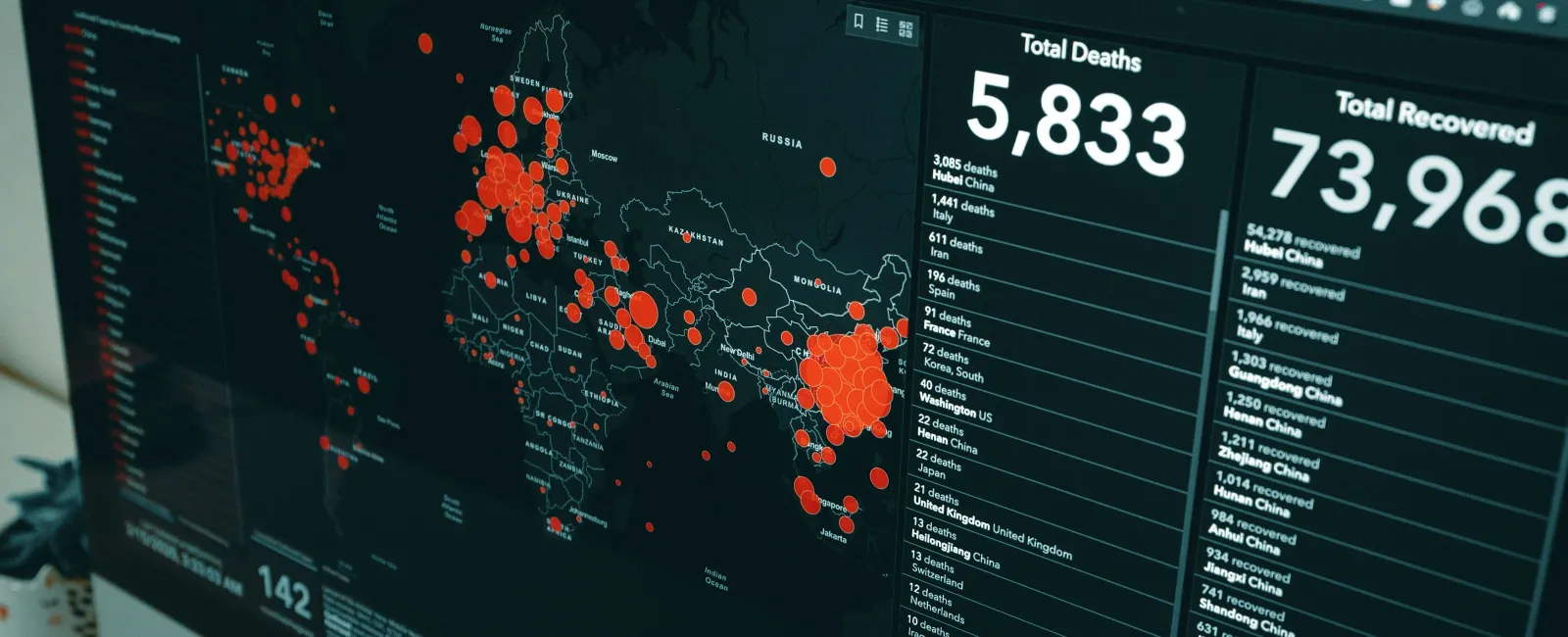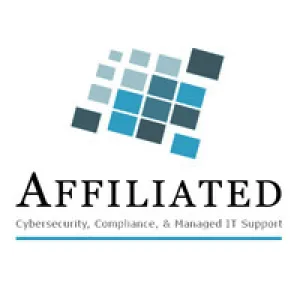July 16, 2025
In long-term care, we do risk assessments all the time—for
falls, nutrition, infections. But how often do we check the risks hiding in our
tech systems?
Security risk assessments (SRAs) are more
than a HIPAA checkbox. They're a cornerstone of your facility's broader risk
management program. Like any good clinical program, it starts with policy and
ends with action.
The policy defines who is responsible for
assessing cybersecurity risks, how often reviews happen, and how findings are
documented and addressed. From there, the assessment process should include: -
A checklist of technical, physical, and administrative controls - A review of
system access and password policies - Identification of outdated software and
hardware - Tests of backup systems and security alerts
Once you identify gaps, you can build a
POAM—a Plan of Action and Milestones. It's a roadmap to remediation, with
timelines and responsible parties noted. It shows regulators (and your board)
that you're not just spotting issues—you're resolving them.
HIPAA requires regular SRAs. According to
Healthcare IT Today, 58% of healthcare data breaches occur due to gaps that
would have been identified in a current assessment.
A Columbus-based assisted living facility
does quarterly SRAs with their MSP. In one recent review, they found: - A
network printer with admin access still enabled - An unused vendor login that
hadn't been disabled - An expired SSL certificate on their medication system
All of these issues were resolved within
a day—none caused harm. But any one of them could have.
"The
first step in solving any problem is recognizing there is one." - David Rendall
Another facility nearby skipped their
2023 SRA due to turnover. They later suffered a phishing attack that accessed
billing records. Because an old vendor login had never been removed, the
attacker walked right in. The fallout included breach reporting, a CMS survey,
and two staff resignations.
"Small
leaks sink big ships." - Jim Collins
A risk assessment isn't just a
report—it's a living document that supports every compliance program you run.
Done right, it gives your team a shared understanding of what needs to be
fixed—and how to get there.
When was your last risk assessment? And
did it lead to real change?
Learn more about Affiliated's healthcare-specific IT Support and Services in Columbus and the Central Ohio areas by clicking here.




